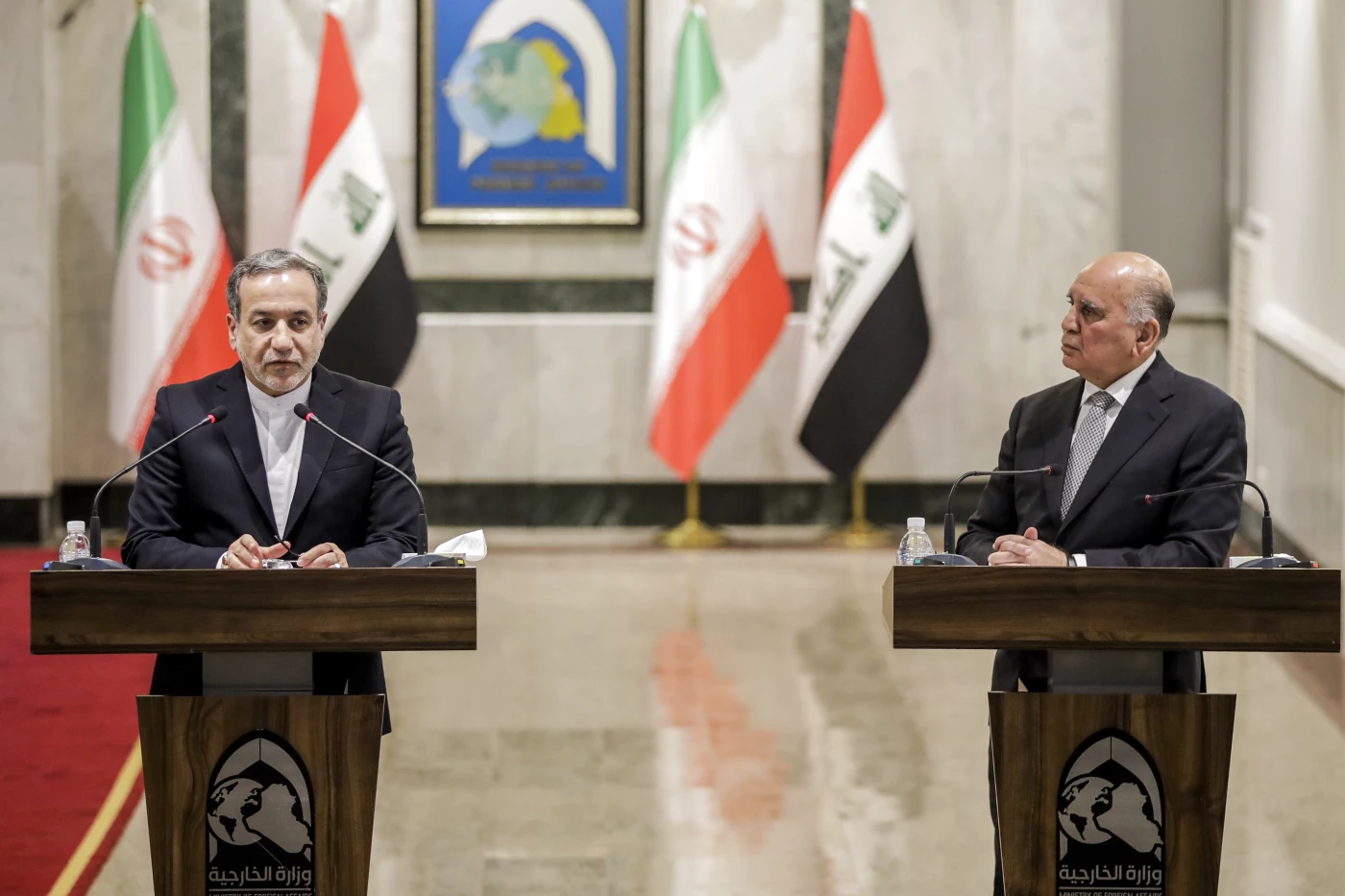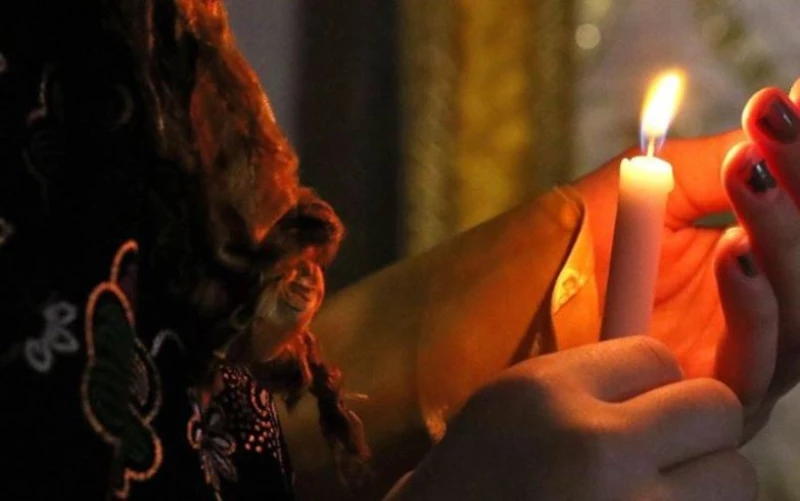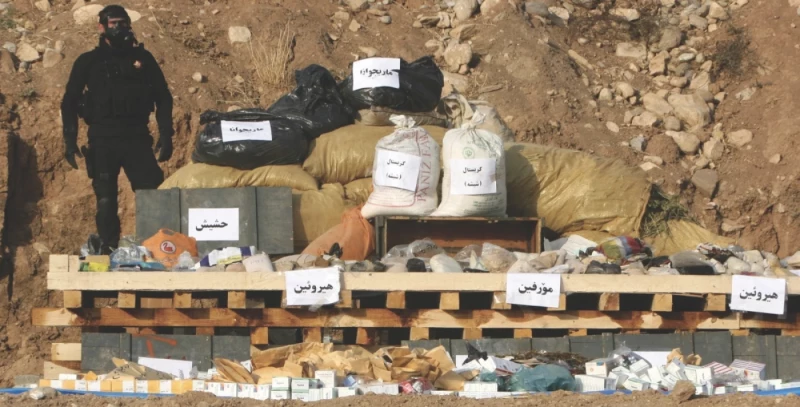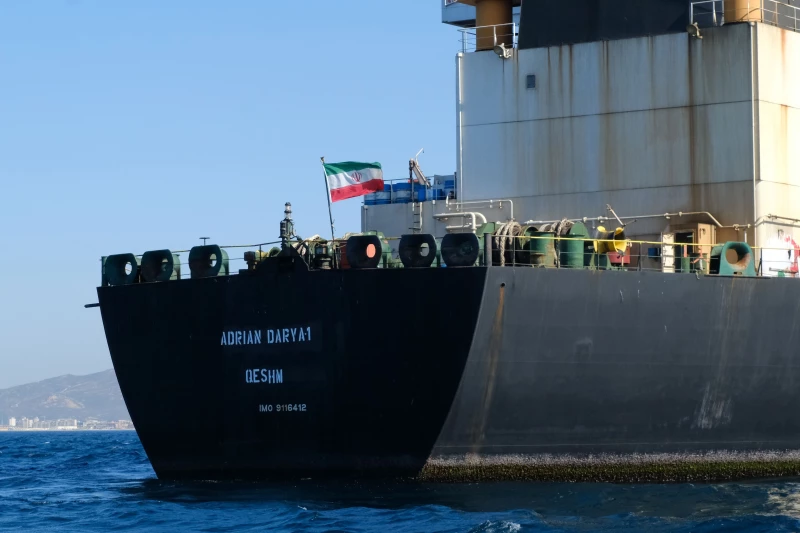ERBIL, Kurdistan Region of Iraq - Iranian Foreign Minister Abbas Araghchi on Sunday said that Tehran does not seek further escalations in the region, adding that they are prepared for peace but will not back down from war either.
Araghchi arrived in Baghdad on Sunday morning as he continues a regional tour aimed at strengthening Tehran’s diplomatic ties with its allies amid the escalating tensions.
"The region is on high alert, and the likelihood of tension and conflict is very high,” Araghchi said during a joint press conference with his Iraqi counterpart Fuad Hussein in Baghdad.
“We are prepared for war, just as we are prepared for peace. We do not fear war, but we do not seek it,” he added.
His visit to the Iraqi capital comes after his recent trips to Lebanon, Syria, Saudi Arabia, and Qatar, where similar topics were highlighted in high-profile meetings.
The Iranian top diplomat said he was in Baghdad for consultations on the recent regional developments and how to put an end to the Israeli aggression in Gaza and Lebanon. He held the international community responsible for taking care of those displaced by the conflict.
For his part, Hussein reiterated that Baghdad refuses the use of Iraqi territories for launching attacks against neighboring countries, stressing that they are seeking to keep the country out of any war in the region
The Iraqi top diplomat warned that a further expansion of the conflict risks an energy crisis, describing a potential Israeli attack on Iranian facilities as “a dangerous matter.”
The Iranian foreign minister thanked Baghdad for standing by Gaza and Lebanon, and for not allowing Iraqi airspace to be used for attacks on Iran.
Araghchi’s trips come as Tehran aims to consolidate its relations with regional allies amid ongoing threats of an Israeli retaliation to Iran’s ballistic missile attack earlier this month.
He is set to travel to Oman following his visit to Baghdad.
Iran’s Islamic Revolutionary Guards (IRGC) launched around 200 ballistic missiles toward Tel Aviv and several other regions of Israel on October 1. Tehran claimed that ninety percent of the missiles hit their targets, while Israel and the US said that most of the projectiles were intercepted.
Israeli top officials warned Iran to expect “severe consequences” following the attack.


 Facebook
Facebook
 LinkedIn
LinkedIn
 Telegram
Telegram
 X
X



